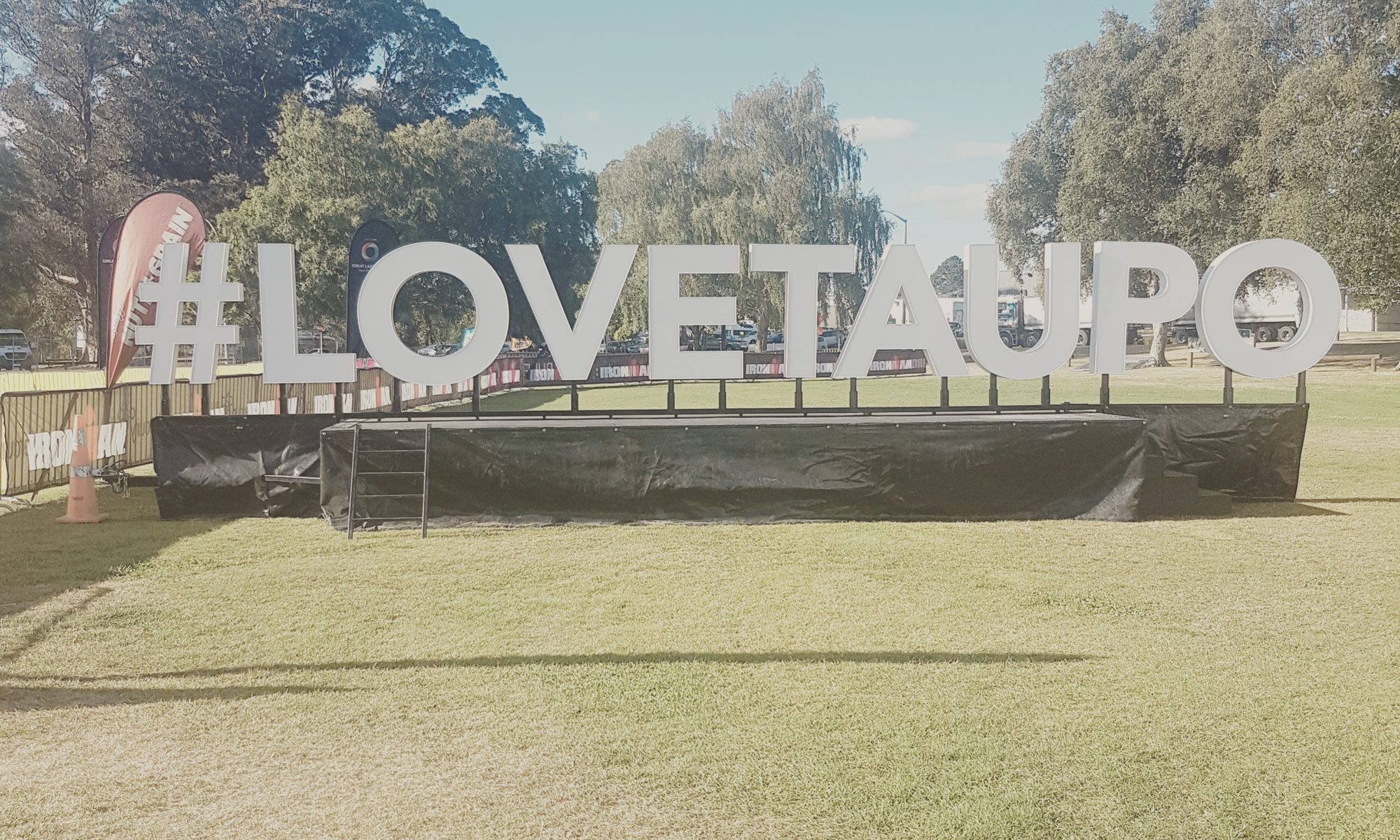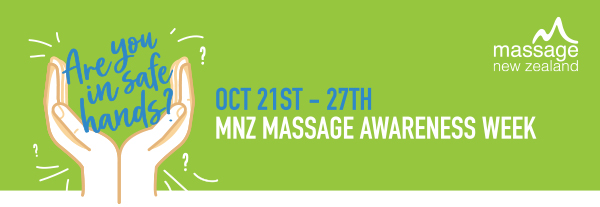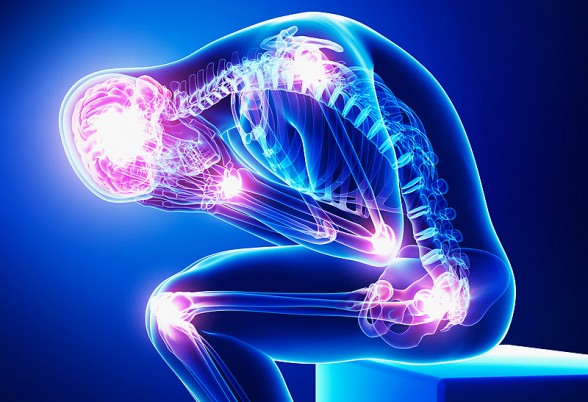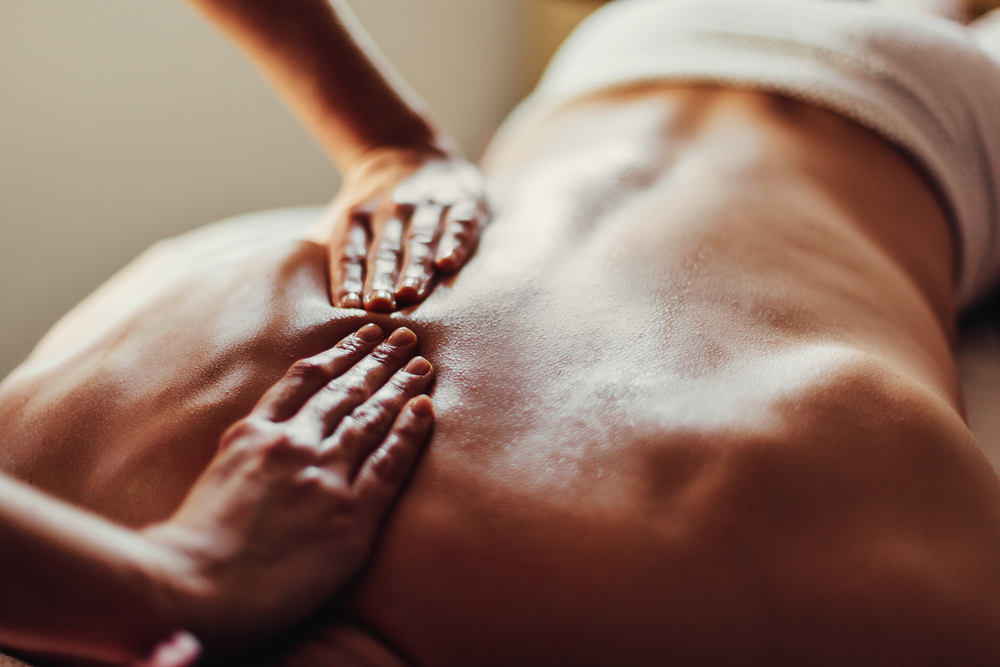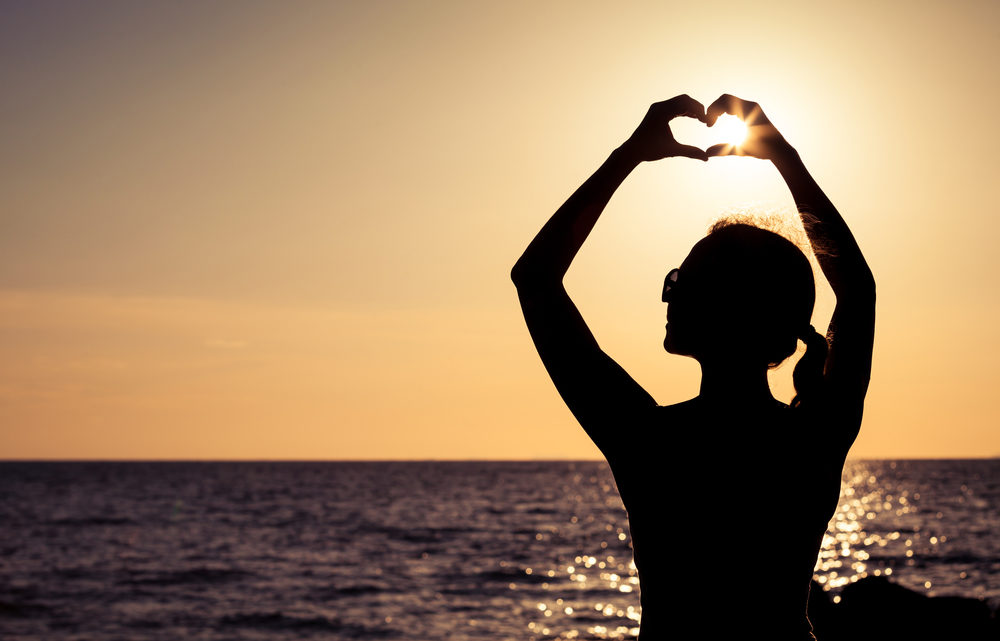Once a year for 6 or 7 days I get to hang out in beautiful Taupo.
Before you start thinking about all the adventure seeking I must be doing, or the late afternoon lakeside wines I must be drinking, let me tell you now. It is most definitely NOT a holiday, however it is fun, it is exciting, it is filled with laughter, and yes there are one or two glasses of wine consumed.
The week is known affectionately as Ironman Week. On the first Saturday in March, Taupo hosts the NZ Ironman and for the last 14 years I have had the pleasure of being part of this amazing week. If you think that the life of a sports massage therapist is hanging out with incredible athletes all day – well you would be right. However as all my fellow colleagues can tell you, it is also a life that involves incredible hard work. You hardly ever get to see the games, races, and events that your clients participate in as you are either travelling, setting up, or prepping behind the scenes.
When I worked with one of our NPC rugby teams, I only ever got to watch the second half of every game. When the team hit the field, I would take my opportunity to head back into the changing room and have my shower (I was the only female and depending on the stadium, I would usually have to duck into the ballboy (girl) changing area or borrow the refs showers. Or I would ask the friendly security guy to not let anyone back into the main changing rooms while I showered – fingers-crossed no one got injured or concussed in those first few minutes and need to come back off the field. Needless to say I became a pro at showering & re-dressing fast. Oh and also becoming aware of where the changing room t.v. cameras were situated.
Right back to Ironman week. Ironman week begins a couple of days before you head to Taupo. Making sure you have a weeks supply of linen, oil, waxes, etc etc. Checking and rechecking that you have got everything that you may need. Then packing it all so precisely, god forbid if you realise the night before that you have forgotten something! 14 years later I now do this with military precision.
As soon as I arrive in Taupo it is pretty much hit the ground running. A couple of my colleagues have usually arrived a day or two before-hand and the rest of us usually all arrive within an hour or two of each other. The moment our car doors open to unpack it is go, go go until we repack our cars and leave. Over the next few days we will get to experience all types of athletes and situations; the athlete who is carrying little niggles and injuries and just needs some TLC to get them through the race. The athlete who is OCD prepared and has already pre-booked the exact time and exact day (and sometimes the exact person) they want.
We will get the first timers who chat away nervously the whole session. We see the old timers who are already talking about Ironman NZ 2020. We see the athlete who decided to do the race on a whim, usually those athletes seem to have a story that starts with “well one night me and a couple of mates were having a couple of drinks the next day I woke up with a massive hang over and an email saying Congratulations you have entered Ironman NZ…”
Race Day
So to get things clear Ironman race day is such an awesome experience. Seeing, hearing, and feeling everything about the day is indescribable. However as you continue to read this, it is also going to sound like it is extremely exhausting, crazy busy and smelly!
Our day begins early 5.30am – 6am (although not as early as the competitors). A bunch of us usually get up and head on down to watch the start. There is something magical about seeing Lake Taupo at dawn. Throw in the quiet expectant calm that is created by the athletes and their families and the early morning vibe on the lakes edge is intoxicating.
After the swim start we wander over to T1 swim-bike transition. I love watching this, you get to see up close and personal all the athletes coming through and it is a great chance to yell out a few words of encouragement to all those that you have worked on over the week. It is also a teeny bit nail-biting for us this is because if we have worked on an athlete that is/was carrying a more serious injury we get a good look at how their body is moving. Hopefully it is looking relaxed and fluid – which means we have done our job! In my 14 years I can happily say that everyone has looked good, and have given me the thumbs up as they jump on the bike to begin their 160km.
As you may know Ironman begins at 7am (6.45am for pro athletes) and ends at 12am yip thats 17 hours of competition. But that 1 – 1.5 hours of race day is about all that we ever get to see.
From T1 we take our chance to go and grab a decent breakfast as that is going to be our one and only good meal of the day. By 9am we are back in the main marquee setting up the Massage/Recovery/Meal area and over the course of the morning till early afternoon the rest of our crew have various duties. We try to get an hour or two too ourselves and head outside and catch a bit of the race. If we are lucky and have timed it right we will get to see the pro athletes come through T2 and now that the Half Ironman is raced as well we get to see a bit more action as those competitors are on the course.
From about 3pm we are back in the Marquee and this is where we stay until 1am. The next 8-10 hours is an endless stream of bodies. And it is over these hours that we all discover that this is the most rewarding part of our jobs. We are in a privileged position where we see the tears of joy,or achievement or accomplishment. We see the bruises, the blisters and the blood. We hear the stories, the whoops and the cheers. We witness the hugs, the kisses and high fives. It is always very humbling when those hugs, high fives and kisses are directed at you, along with a big thank you. A thank you for helping an athlete get to the start line, a thank you for getting them through the race pain free, a thank you for giving them that chance to cross the finish line and receive their medal.
Once the last competitor crosses the finish line our job is not done. Tidying and cleaning the recovery area needs to be done. If we are back home and in bed by 2am that’s a big win for us. However we do not get the luxury of a sleep in. Nope not a chance as we are all back down at the marquee to begin our last day by about 8am.
